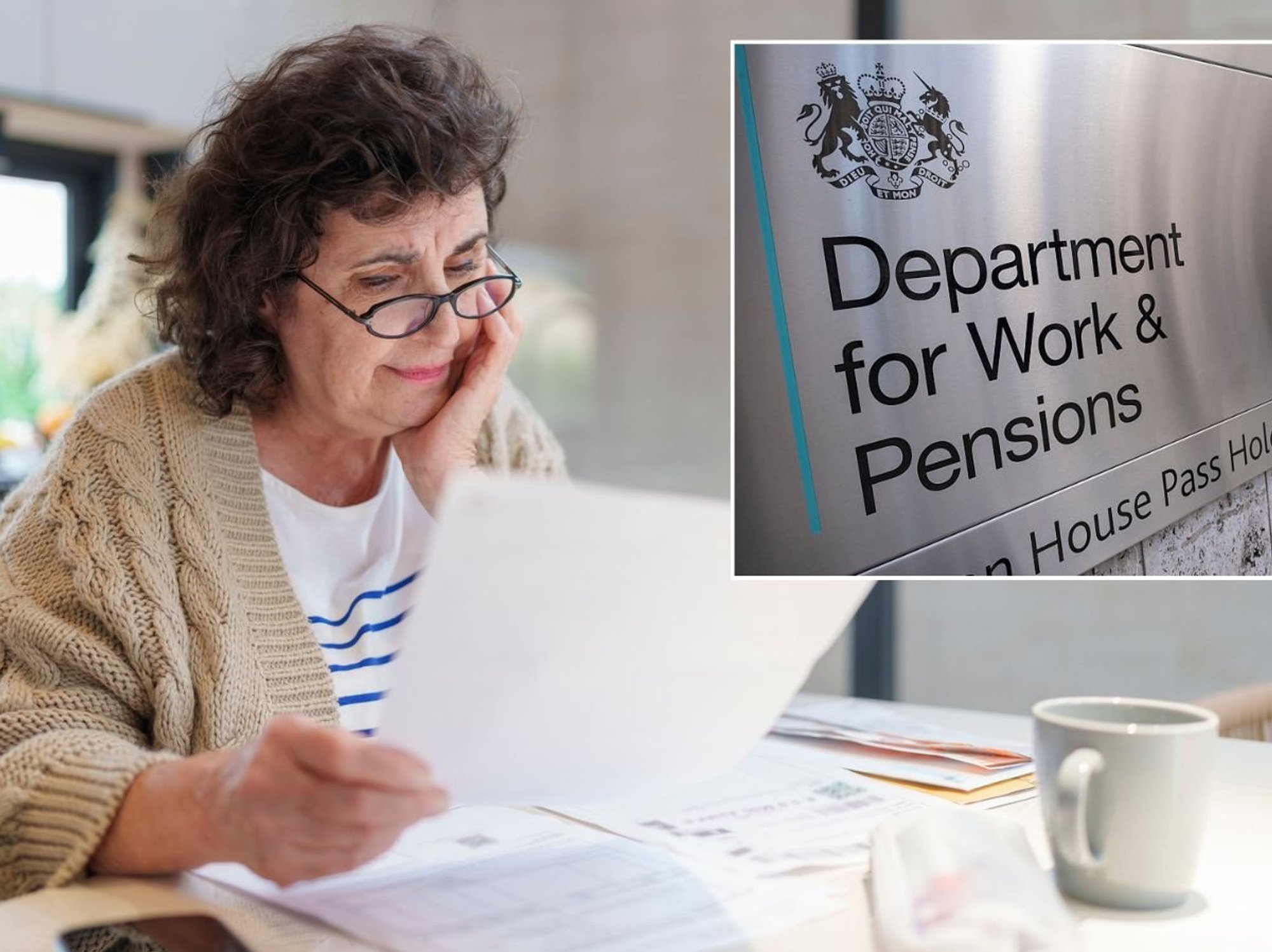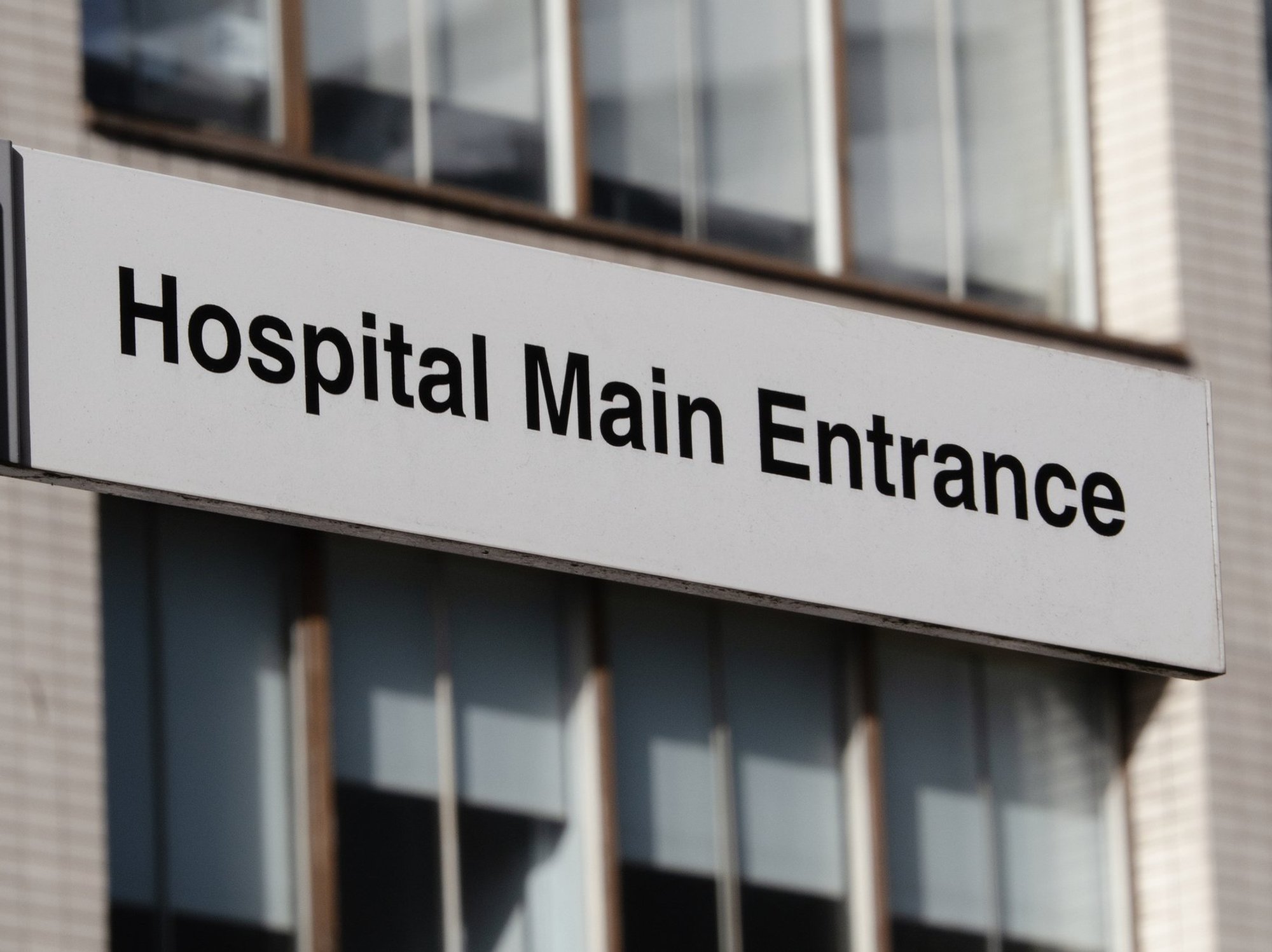Rachel Reeves sparks fears of tax hikes in just MONTHS as she refuses to alter 'fiscal rules'
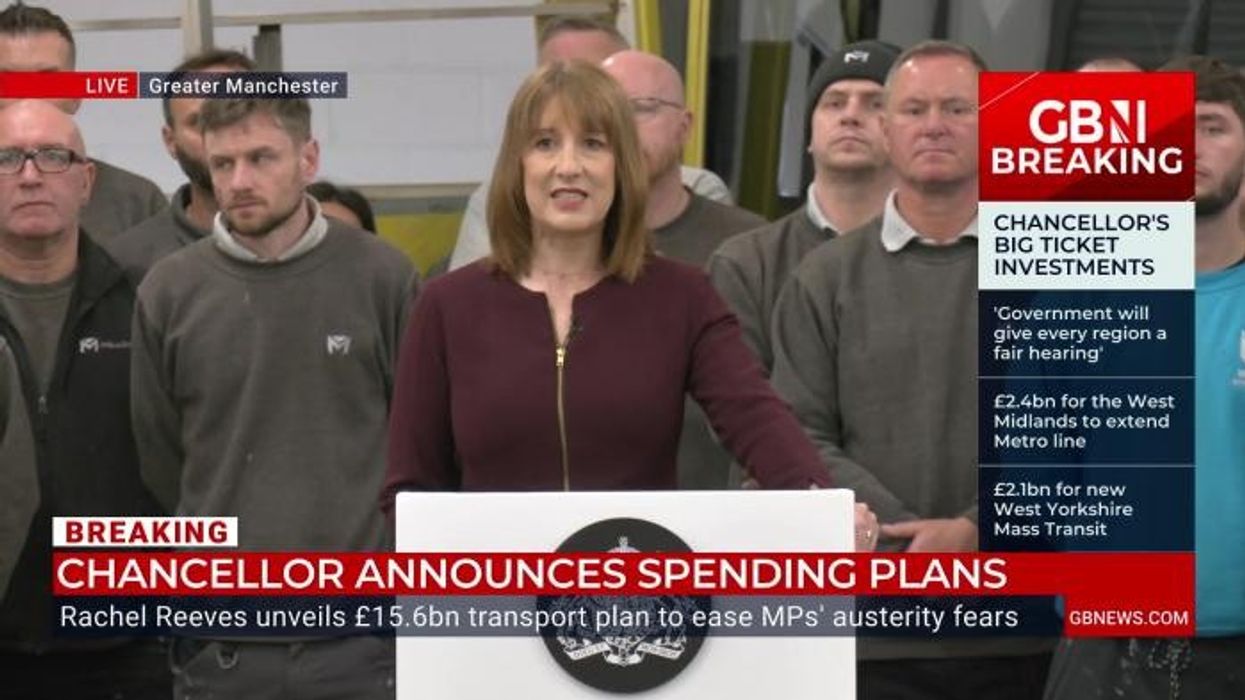
GBNEWS

Rachel Reeves will set out the Spending Review on June 11
Don't Miss
Most Read
Rachel Reeves has refused to alter her fiscal rules, sparking fears that tax hikes are on the horizon in the Autumn Budget.
Speaking in Manchester today, the Chancellor announced a sweeping £15.6 billion investment in transport infrastructure across England ahead of next week's Government spending review.
She said: "The decisions we made in October mean for the first time the Treasury takes into account the benefits of investment and together the fiscal rules mean, unlike our predecessor, we will not be balancing the book by cutting investment."
Reeves explained that borrowing recklessly had huge consequences for the economy and she will not repeat the same mistakes as Liz Truss in 2022.
She continued: "My fiscal rules are non negotiable. So let me be clear, it's not me imposing borrowing limits on Government, those limits are the product of economic reality.
"Fiscal rules do matter. The Conservative's fiscal rules didn't guarantee stability or investment, and that's why I changed them in the Autumn Budget.
"Day to day to Government spending should be paid for by tax receipts - that's the sound economic choice and fair choice."
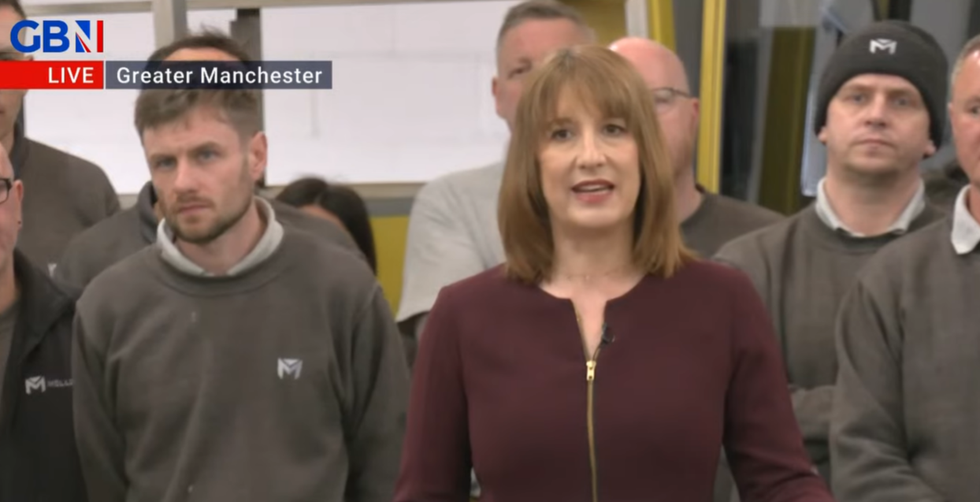
Rachel Reeves speaking in Manchester today
|GBNEWS
Her announcement comes after the OECD warned Reeves that she is on track to breach her own budget rules, after slashing UK growth forecasts.
In its latest global outlook, the Paris-based body downgraded the UK’s economic forecast for 2025 from 1.4 per cent to 1.3 per cent, and said growth in 2026 will slow further to just 1 per cent.
It urged the Labour Government to boost tax revenues and adopt a "balanced approach" to public finances combining spending restraint with revenue-raising measures.
Defence secretary John Healey did not rule out tax rises to fund Britain’s "war readiness," following funding concerns.
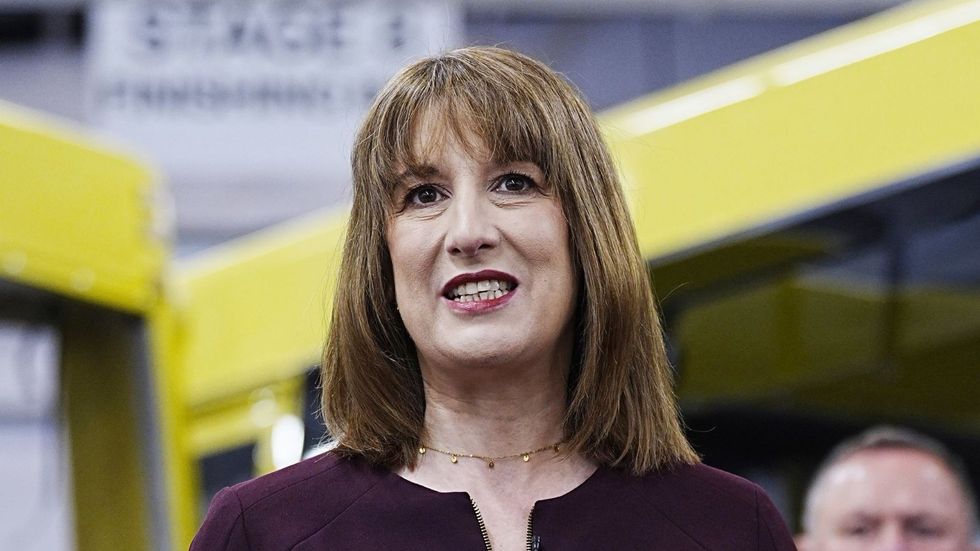
The investment in transport infrastructure will fund tram, train and bus schemes in Greater Manchester, West Yorkshire, the West Midlands and Tyne and Wear.
|PA
Reeves said: "Where Reform UK and the Conservatives would gamble with Britain's future, Labour will invest and offer stability."
She continued: "The Spending Review that I will be publishing next week will have more than £300 billion more spending over this parliament than the plans we inherited just 11 months ago. Does that mean that we will be able to do everything that we want to do? No."
However, she recommitted to Labour’s general election manifesto pledge not to increase taxes on working people - covering income tax, National Insurance and VAT.
She added that the spending review will be "targeted squarely on the renewal of Britain."
Reeves said: "While it is just one quarter, the most recent numbers showed Britain to be the fastest growing economy in the G7 and real wages rose more in less than 10 months under Labour than they did over the first 10 years of the previous Conservative government.
"But we know that not enough people are feeling that yet, that trust remains low, prosperity is too narrowly shared.
"I know that we must do more. In a week’s time, I will set out a spending review targeted squarely on the renewal of Britain, focused on the priorities of working people by investing in our security, in our health and in our economic growth, to deliver on the promise of change to make you and your family better off."
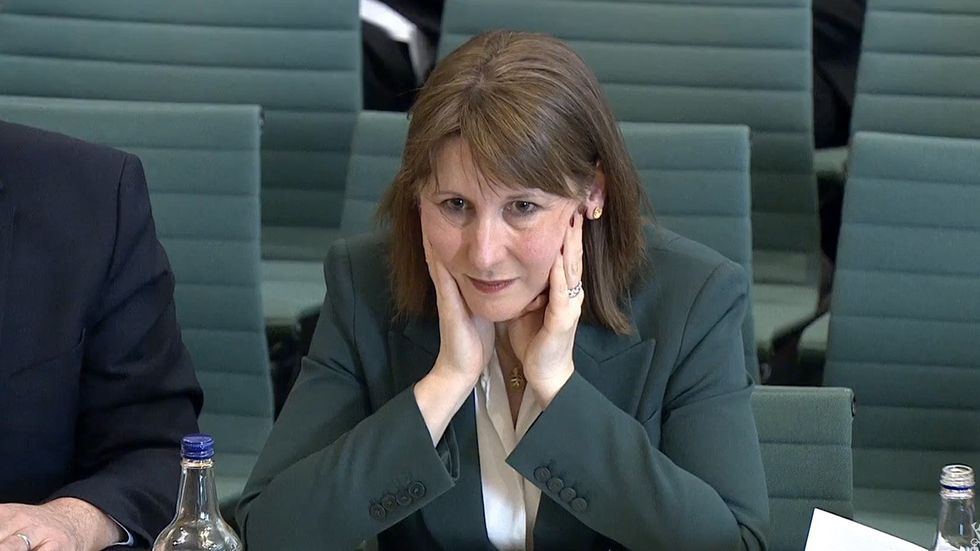
Rachel reeves has confirmed she will not alter her fiscal rules
| Parliament TVReeves said years of underinvestment had held back the UK’s economic potential.
Setting out a £15.6 billion package for transport projects across England she said: "I have always been clear that the central challenge facing this government is to improve living standards and to renew our public services."
She said: "The central barrier to economic growth has been underinvestment. For too long Britain has lagged behind every other G7 economy when it comes to business investment as a share of GDP.
"One of the consequences was that the last parliament was the worst on record for living standards."








